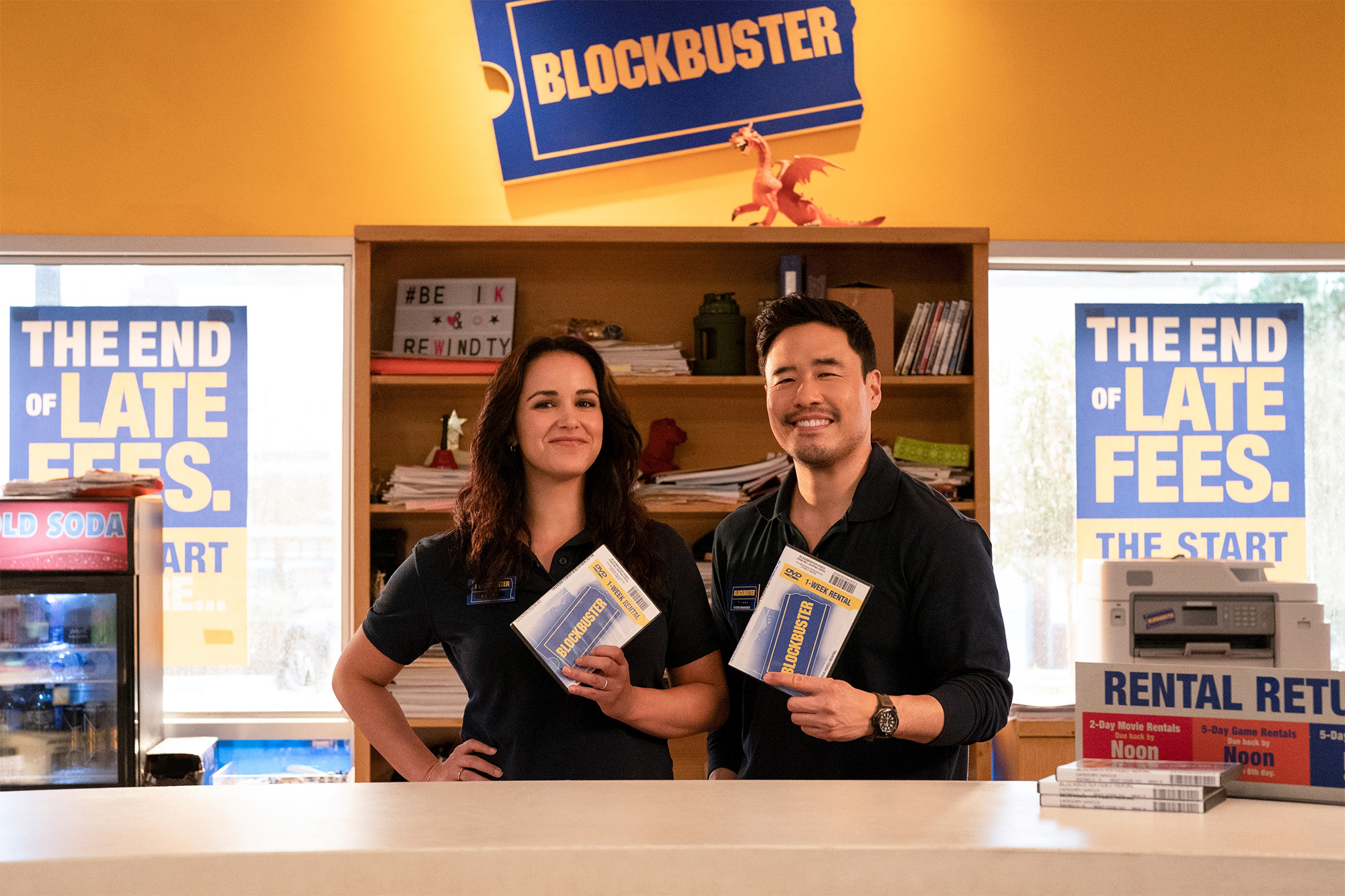Blockbuster, once a colossus in the home entertainment industry, emerged as a leviathan after its inception in 1985. A classic tale of rise and fall, the company’s trajectory provides immense insights into the dynamics of evolving markets and the necessity of adapting to technological changes.
The Blockbuster saga began when David Cook, an entrepreneur with a background in software services, saw an opportunity in video rental markets. Home VHS was booming in the ’80s as consumers were slowly moving towards the novel concept of home theaters. Cook, seeing the potential, started Blockbuster Video, a chain of video rental stores that combined a computerized inventory system with varied selection and extended hours, factors that immediately differentiated it from smaller competitors.
The business model was simple: provide an extensive library of movie and video game titles that could be rented for a nominal fee. It was an instant success. The company’s unmatched selection and convenience of stores resonated with its customer base and within three years, Blockbuster grew from a single outlet in Dallas to over 1,400 stores globally.
In 1994, media conglomerate Viacom recognized Blockbuster’s potential and acquired the company for about $8.4 billion. While the merger initially seemed fortuitous, within a few years, the rise of digital technology and internet started threatening Blockbuster’s reign.
During the early 2000s, a new player called Netflix entered the market with a distinctive DVD-by-mail rental service, entirely eliminating late fees. Blockbuster, however, was slow to react. Licensing agreements with movie studios and a highly profitable late fee model made it hesitant to adapt to subscription-based models that the internet realm opened.
In 2004, Blockbuster did relent and launched an online service, but it was too late. Netflix had already captured a significant market share. In addition, the advent of high-speed internet brought Video-On-Demand (VOD) platforms into the picture. Companies like Amazon and Apple began offering rental and sale of digital movies, providing an alternative to physical stores and even DVD-by-mail services.
The final blow came with the popularity of streaming. As broadband internet became more accessible, Netflix transitioned into streaming, offering unlimited movies and TV shows for a monthly fee. The simplicity and convenience of streaming, without the necessity of physical copies, appealed to the customers.
Blockbuster, then under crushing debt and dwindling sales, filed for bankruptcy in 2010. Dish Network acquired the company in 2011, but this did little to halt Blockbuster’s descent. By 2013, all corporate-owned stores were shuttered, leaving only a handful of franchise-owned outlets, a pale shadow to Blockbuster’s once-global empire.
So, what can we learn from the rise and fall of Blockbuster? Firstly, maintaining a sustainable competitive advantage is key for survival in any industry. Blockbuster’s unique selling points – large selections, accessible stores, and extended hours – were completely erased when movies became available online.
Moreover, it showcases the overwhelming importance of digital transformation. As we progress further into the digital age, businesses will need to evolve in line with technological innovations or risk becoming obsolete. Blockbuster not only failed to disrupt but also struggled to keep pace with the disruption in its industry.
Blockbuster’s downfall is a stark reminder that no company, regardless of its size or success, is immune to shifts in the marketplace. It serves as a classic case study of an industry leader who missed the opportunity to endure through adaptation and innovation. A company must be cognizant of emerging trends and potential disruptors within its industry and react swiftly to leverage advancements, or risk being left behind.
In the end, the Blockbuster tale is an almost mythical tale in the business world. A narrative of decisive triumph, followed by stubborn resistance to change, and an eventual, perhaps inevitable downfall. It illustrates that in a relentlessly evolving business climate, adaptability and foresightedness are non-negotiable traits for survival and prosperity.


